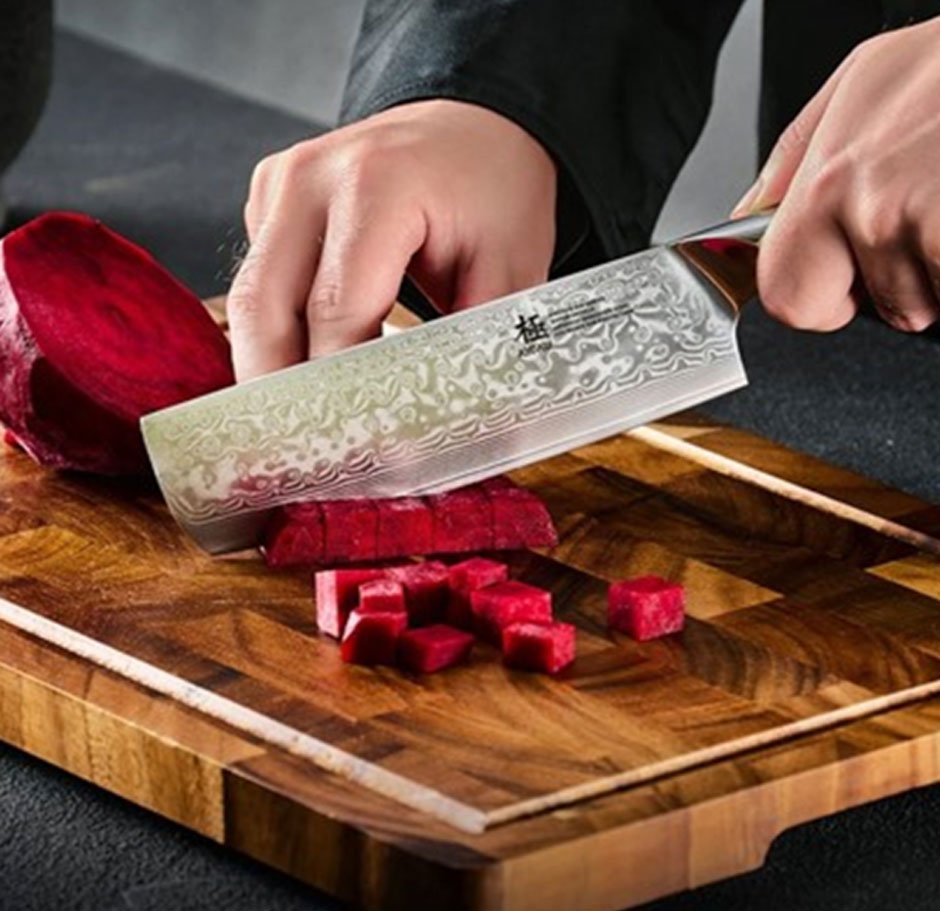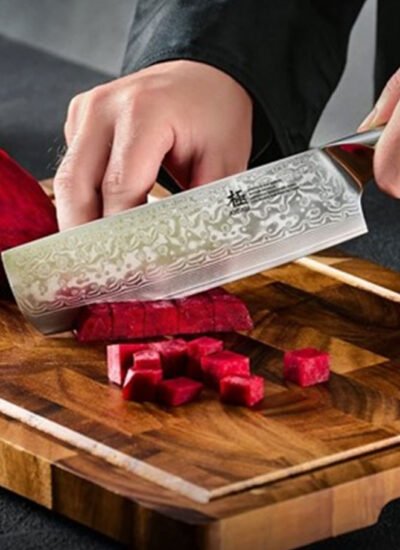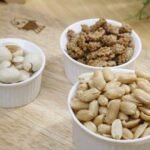 Introduction
Introduction
When it comes to choosing the perfect gift, we often look for something that’s beautiful, useful, and lasting. That’s a tall order—few items manage to tick all three boxes. But Japanese knives stand out as a rare exception. More than just kitchen tools, they blend artistry, practicality, and tradition, making them an unforgettable gift for anyone who enjoys cooking—or simply appreciates fine craftsmanship.
The Artistry of Japanese Knives
Japanese knives carry centuries of blacksmithing tradition, with roots in samurai sword-making. Today, that heritage lives on in blades that are as elegant as they are effective. From rippling Damascus steel patterns to the clean lines of minimalist designs, Japanese knives often look like works of art. When you gift one, you’re not just handing over a kitchen tool—you’re sharing a piece of history and culture. It’s the kind of present that makes the recipient pause, admire, and truly appreciate the beauty behind it.
Unmatched Functionality in the Kitchen
Of course, a gift’s beauty only goes so far if it isn’t useful. Japanese knives shine here, too. Known for their razor-sharp edges and excellent balance, they make everyday cooking smoother and more enjoyable. Chopping vegetables feels effortless, slicing meats is precise, and even simple tasks like dicing onions become a pleasure. Unlike decorative gifts that may gather dust, a Japanese knife becomes part of daily life—a gift that gives back every time it’s used.
A Gift That Lasts a Lifetime
Durability is another reason Japanese knives stand out. Crafted from high-quality steel and built with careful attention to detail, these knives can last a lifetime with proper care. That’s what makes it so meaningful to give a knife as a gift—instead of something temporary, you’re offering a tool that the recipient can use and treasure for years. While many gifts fade or lose relevance over time, a well-cared-for Japanese knife only grows more valuable to its owner. It becomes part of their cooking journey—sharpened, cared for, and relied upon every step of the way.
Versatility: A Knife for Every Cook
One of the best things about Japanese knives is that there’s a style to match every type of cook:
- Santoku – An excellent all-purpose knife, perfect for home cooks who want versatility in a single blade.
- Nakiri – A vegetable specialist, ideal for the health-conscious friend or anyone who loves plant-based cooking.
- Gyuto – The Japanese version of a chef’s knife, offering broad appeal for both beginners and professionals.
By choosing a knife that suits the recipient’s cooking style, you’re showing thoughtfulness that makes the gift even more personal.
A Symbolic and Personal Gesture
In Japanese culture, gifting a knife can symbolize respect, skill, and a fresh start. There’s even a tradition of giving a small coin along with the knife, which the recipient returns—symbolically “purchasing” the knife so it doesn’t “cut” the relationship. This unique symbolism makes the gift even more meaningful. A Japanese knife isn’t just practical; it carries weight as a personal and intentional gesture, especially when chosen with care.
How to Present the Gift
Presentation matters, and a Japanese knife offers plenty of ways to make the moment special. Pair it with a wooden knife block, a sharpening stone, or even a favorite cookbook to create a thoughtful bundle. Some people go the extra mile with engraving or custom boxes, turning the knife into a keepsake as well as a tool. However, you choose to present it, the key is to frame it as more than a kitchen item—it’s an experience, an invitation to cook, create, and enjoy.
Conclusion
Japanese knives make truly thoughtful gifts because they bring together artistry, practicality, and longevity. Whether it’s a wedding, birthday, or holiday, they’re the kind of present that feels both luxurious and useful. Instead of giving something that might be forgotten, you’re offering a tool—and a piece of tradition—that will be appreciated for years to come. So next time you’re searching for a meaningful gift, consider a Japanese knife. It’s sharp in more ways than one.





Leave a Reply